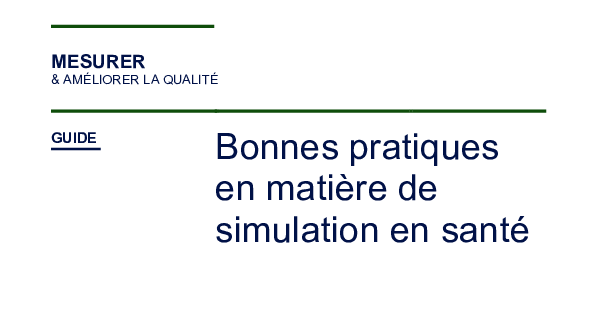Auteurs
Nina Martz, Amane-Allah Lachkar, Jean Breaud, Liza Ali, Ugo Maria Pierucci, Isabelle Talon, François Becmeur, Florence Julien-Marsollier, Valeska Bidault-Jourdainne, Alaa El-Ghoneimi, Matthieu Peycelon
Contexte
This study aimed to explore the impact of positive or negative feedback on the performance of trainees in pediatric urology during simulation exercises in pediatric laparoscopy.
Méthode
Twenty-five students enrolled in a national Pediatric Urology Laparoscopy Simulation participated in the study. They performed the Fundamentals of Laparoscopic Surgery (FLS) skills, specifically peg-transfer and intracorporeal knot-tying, in a randomized study design while receiving positive or negative feedback from an attending pediatric urologist. On the first day, all students performed FLS peg-transfer and intracorporeal knot-tying tasks on a pediatric laparoscopic simulator. On the second day, students were randomized to receive either positive or negative comments during the procedure. Task performances, measured by task time and errors, was compared between both groups. Statistical analysis was conducted using the Mann–Whitney U test.
Publication
Journal of Pediatric Urology, Volume 21, Issue 3, 2025, Pages 755-760, ISSN 1477-5131

